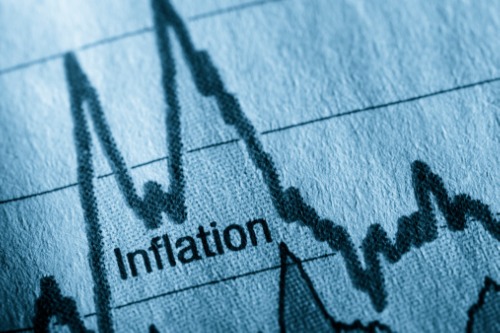Any upward movement in inflation will most likely be temporary, the central bank argued

The decade-high inflation rate is reinforcing the Bank of Canada’s latest decision to refrain from cutting interest rates despite concerns surrounding slower growth, observers say.
Statistics Canada reported that as of November, underlying inflation rose to 2.2%, from the 1.9% a month prior. This was mainly brought about by higher shelter and vehicle cost, and the gain was on par with earlier predictions by economists.
Core inflation also increased by 2.2%, which was the highest level since 2009.
Earlier this month, the BoC stated in its rate statement that over the next few months, inflation will move upward as a result of annual fluctuations in oil prices.
“Should gasoline prices remain stable, the headline inflation rate should also cool back down in the second quarter of next year, as the year-ago comparisons become a bit firmer,” CIBC economist Royce Mendes wrote in a note, as quoted by Bloomberg.
The central bank’s chief also stated that Canada should prepare itself for the worst effects of global fiscal pressures, warning that low interest rates worldwide are likely to be the new normal.
“Experience shows that high debt levels can amplify the impact of a shock on the economy,” BoC governor Stephen Poloz said in a speech to the Empire Club in Toronto late last week, as quoted by CBC News.
“Tariffs on imports are forcing companies to dismantle supply chains and create new ones that are likely to be less efficient,” he added. “At the same time, uncertainty about the future of trade policies and critical institutions like the World Trade Organization (WTO) is having a more insidious effect — companies have cut their investment plans, which means less potential economic growth in the future.”



